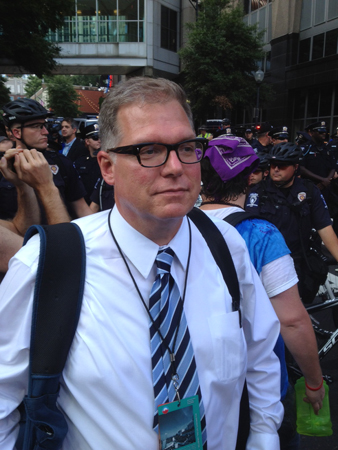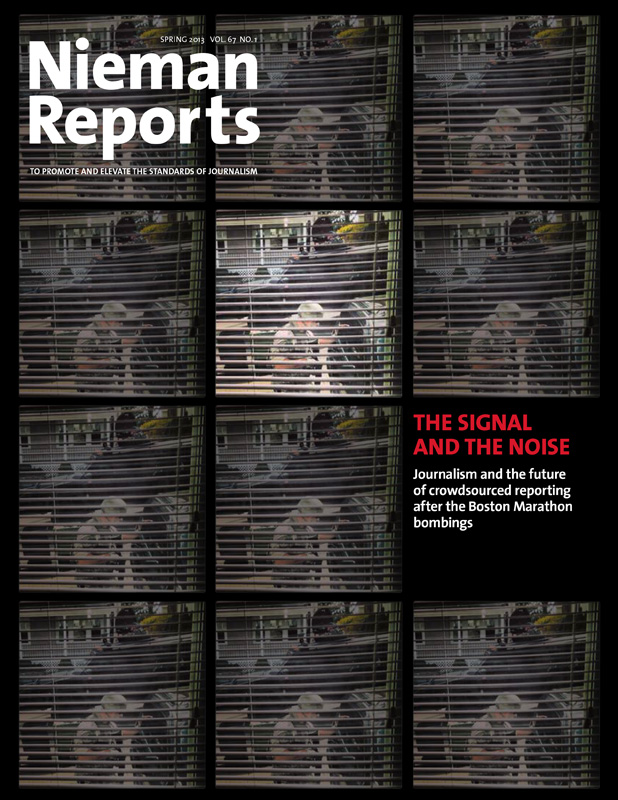 Once upon a time I was feeling rather smug having produced a series of reports that won a few trophies. Me? I’ll crawl across cut glass for a plastic trophy and a smattering of applause. There’s an entire economy propped up by insecure journalists like me spending hundreds of dollars each on award entry fees and hundreds more on trophies themselves, not to mention paying for travel to distant ballrooms and black tie dinners devoted to singing our own praises.
Once upon a time I was feeling rather smug having produced a series of reports that won a few trophies. Me? I’ll crawl across cut glass for a plastic trophy and a smattering of applause. There’s an entire economy propped up by insecure journalists like me spending hundreds of dollars each on award entry fees and hundreds more on trophies themselves, not to mention paying for travel to distant ballrooms and black tie dinners devoted to singing our own praises.Then it occurred to me that before I added my thin voice to the particular issue I had reported (Medicaid dollars misspent on dentistry), I had come across similar earlier reporting in The Houston Post and on “Dateline NBC.” And after my reporting my friends Roberta Baskin, then at WJLA-TV in Washington, D.C., and Byron Harris with WFAA-TV in Dallas produced more substantive reporting on the same issue.
There’s a fiction perpetuated by narcissists like me that investigative reporting is the province of a few heroic lone wolves who use their superpowers to single-handedly expose and topple evildoers. Nonsense. Joe McCarthy didn’t fall by Edward R. Murrow alone—or by Murrey Marder, alone.
Investigative reporting is inherently social and almost always derivative. Sure, individual journalists add profound and unique contributions. One reporter or two or a small team can certainly distinguish themselves by breaking stories and raising challenging questions. And I’m inspired by my colleagues and certainly think some public applause is in order.
But it’s important for me to stay grounded in the humility that I don’t commit acts of watchdog reporting in a void. Great reporters like Murrey Marder came before us. Great reporters will come after us. And there are still great reporters around us. I need to pick up the phone. I draw encouragement and plain old practical advice by reaching out. And let’s hope our democracy is the better for it.
Stuart Watson, a 2008 Nieman Fellow, is an investigative reporter for WCNC-TV in Charlotte, North Carolina.
MORE ON WATCHDOG REPORTING
From Shoe Leather to Big Data: ProPublica and the Future of Watchdog Journalism
By Robin Fields
Ask The Right Questions: MuckRock Makes FOIA Requests Easy
By Michael Morisy
Truth or Consequences: Where is Watchdog Journalism Today?
By Dan Froomkin
Cross-Border Collaboration in Watchdog Journalism
By Stefan Candea
Let the Readers Know: How Journalists and the Public Can Work Together
By Ken Armstrong
In Korea, Watchdog Journalism Worth Watching on Television
By Chong-ae Lee
Do the Right Thing: Watchdog Reporters Handle a Bombing in Philadelphia
By William Marimow
Our Communities Crave Watchdog Journalism
By Raquel Rutledge



